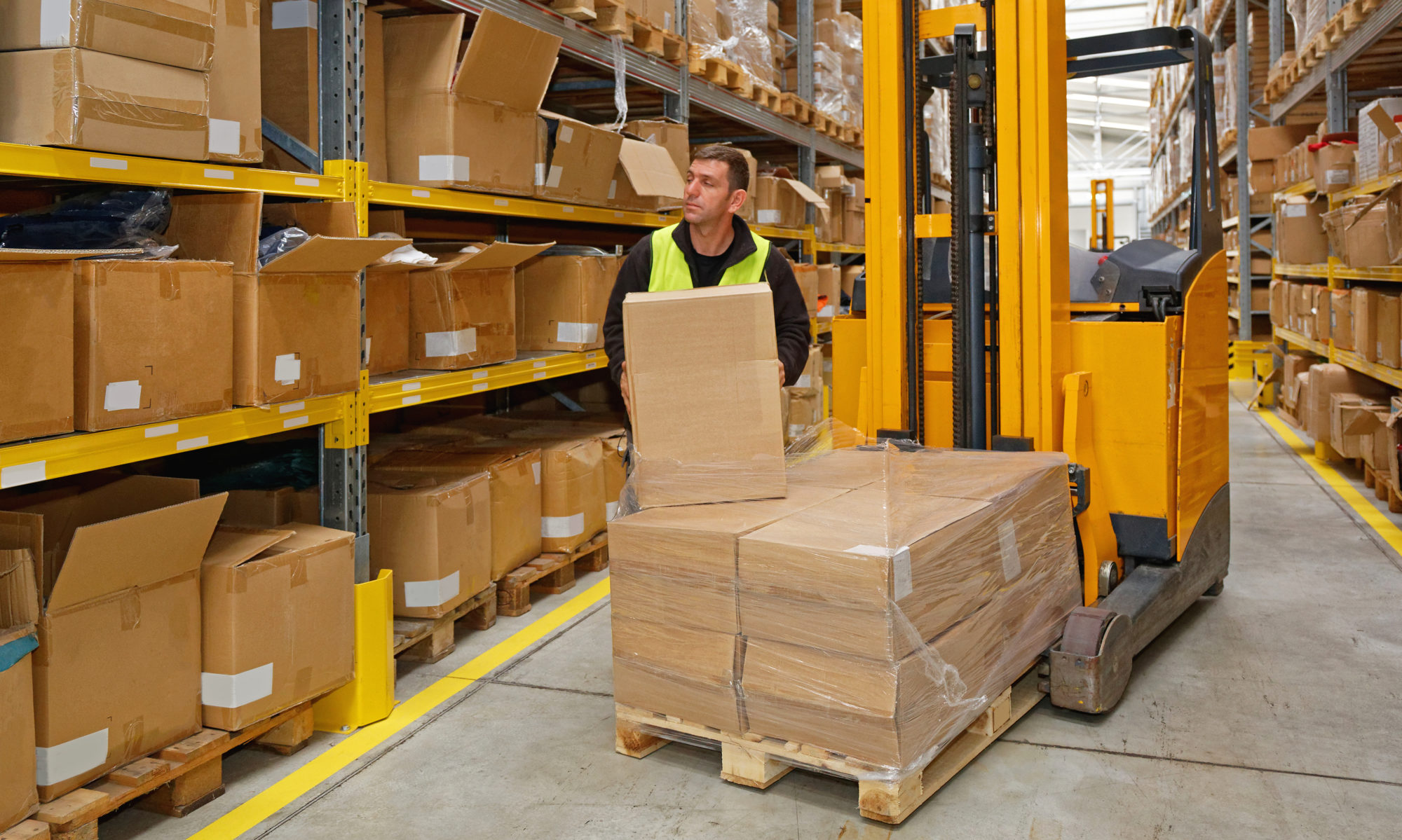Online sales in the United States have more than surpassed expectations. In 2012, online sales hit a record $226 billion, and accounted for 7% of all total retail sales. Experts projected $327 billion by 2016, but they were wrong… Total online sales in 2016 were $394 billion! If your fulfillment company isn’t participating in the ecommerce segment, no doubt you know that you’re missing out on an exceptional opportunity!
In this article, I’ll focus on the technological capabilities a warehouse needs in order to implement an ecommerce fulfillment service. The article isn’t going to be about listing the pros and cons of the Top 10 software programs on the market, because I don’t know your current capabilities or strategic goals. Instead, I believe that the most productive approach is to breakdown the process to help you identify where you can improve your systems.
Let’s talk about process integration. Ecommerce clients will typically approach a fulfillment company with an established business infrastructure. Integration means adapting your systems to plug into those of your customer. The processes that are frequently affected are:
• Order Capture & Management
• Picking/Packing & Shipping
• Synchronizing Order and Inventory Status
• Visibility
• Client & Customer Service
Order Capture & Management
There are more than 300 ecommerce shopping cart companies on the market. Your company needs to be technically capable of adapting to the wide variety of methodologies for communicating with those carts. Orders from carts need to be harvested on a regular basis, controlled to insure none are dropped or duplicated, and converted into a form that is compatible with your system.
I believe this area represents the greatest technical challenge for fulfillment companies in the ecommerce space. Your tool bag for interfacing with a client’s systems must include a wide array of technologies, including the ability to interact with flat files, Application Program Interfaces, Web Services, File Transfer Protocol, call center systems, and the occasional manual-order entry. IT resources to plan the implementation and support this process need to be broadly skilled and creative. Administrative resources that perform the daily-order harvesting routines need to be highly attentive to detail.
Picking/Packing & Shipping
This process is probably the most straightforward. Picking slips are generated, product is picked and boxed, and shipping labels are applied using traditional fulfillment methods. Although there may be special requirements for packing slip and box branding, those requirements don’t vary much from conventional fulfillment. It is essential to operate at a very fast past as ecommerce performance is measured in hours and the volume of orders is measured in thousands per day.
Synchronizing Order and Inventory Status
Ecommerce fulfillment requires that the client’s shopping cart has the most recent inventory and order status information. Your systems need to regularly communicate inventory availability to the cart to ensure that a client’s customer is made aware of out-of-stock situations before placing an order. Customers also need to be able to reference the shopping cart to find the status of their order. Process synchronization between your operation and that of your client is an absolute necessity.
Visibility
Ecommerce fulfillment is very fast moving! We used to joke that customers would press the “buy” button and run to the front door looking for the UPS truck! With Amazon’s latest experiments in same-day delivery, this joke is almost a reality. Given the speed of ecommerce, it’s important for your clients to be able to have a real-time window into your process and inventory. At a minimum, clients should be able to see orders and inventory in near real time. The leading-edge, ecommerce fulfillment companies have taken a more pro-active stance by publishing “alerts” when important events are happening in the fulfillment process. Alert examples might include: Product X is running low on inventory; a new shipment of stock has arrived; or a customer has returned an order.
Client & Customer Service
The fulfillment process is heavily impacted by fast-paced marketing and promotional decisions. Ecommerce client support typically requires a designated coordinator to represent the client’s requirements to the fulfillment organization and to coordinate program changes. The volume and minutiae of detail often warrant the implementation of “issue logging” and “project workflow” processes within the organization. Given the pace of the business, these processes are best automated.
Some clients, particularly the Entrepreneur and Offshore segments, may ask the fulfillment organization to manage customer support. This might involve call-center work, authorizing returns, handling the occasional complaint, and so on. These client groups often have too small a volume to outsource their work to large call center. Having an arsenal of exceptional customer-support tools, therefore, positions you to capitalize on a good revenue opportunity.
In summary, successful ecommerce fulfillment relies on solid technical foundations. Warehouses and 3PLs must understand that ecommerce clients have very different needs (and expectations) for the technical aptitude, agility and pace of their fulfillment partners. To fully capitalize on the ecommerce segment, your fulfillment service must meet–and exceed–these requirements.





